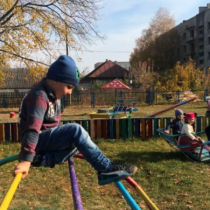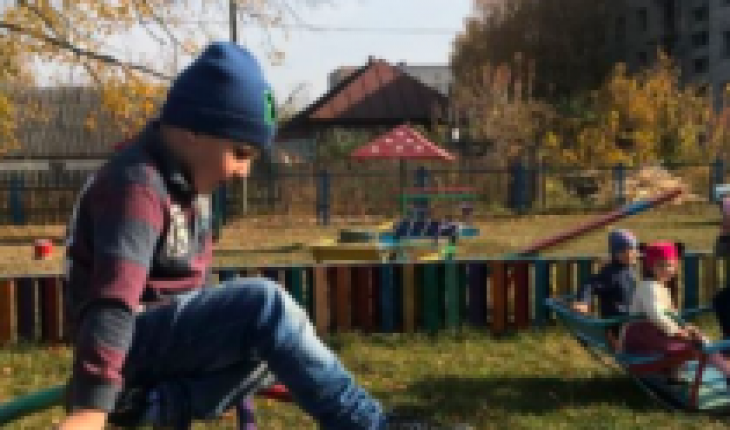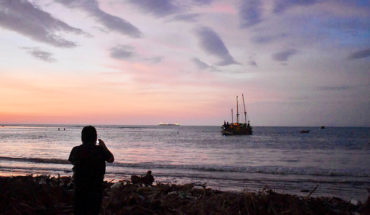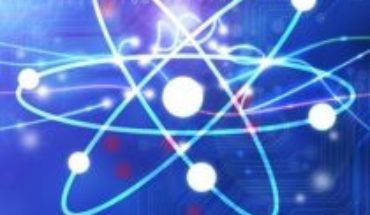
One of the big questions of the biggest nuclear accident in history seems to have found an answer, 35 years later.
When reactor number four at the Chernobyl plant exploded in the early morning of April 26, 1986, the city of northern Ukraine became a ghost town and the lives of tens of thousands of people were marked by the atomic disaster.
Since then, many of the survivors have had to deal with radiation-related diseases to which they were exposed and with the uncertainty of what might happen to their descendants, the so-called “Cher’s childrenNorbil“.
One of the questions that has troubled both scientists and survivors for decades is whether the effects of nuclear radiation could pass on to descendants.
Now, for the first time, a genetic study provides light on the issue and its results have just been published in the journal Science.
The research, led by the teacher Meredith Yeager, of the U.S. National Cancer Institute (NCI), focused on the children of workers who enlisted to help clean up the highly polluted area around the nuclear power plant (so-called liquidators).
Descendants of evacuees from the abandoned city of Pripyat and other settlements were also studied within 70 km of the reactor.
Participants, all conceived after the disaster and born between 1987 and 2002, were examined for the entire genome.
And the result was a surprise to many of those involved.
The results
The study found no “additional DNA damage” in children born to parents who were exposed to radiation from the Chernobyl explosion before being conceived.
“Even when people were exposed to relatively high doses of radiation, compared to background radiation, it had no effect on their future children,” she explained Gerry Thomas, Imperial College London, to BBC journalist Victoria Gill.
Thomas, who has spent decades studying cancer biology, particularly tumors that are related to radiation damage, explained that this study was the first to show that there is no inherited genetic damage after radiation exposure.
“There are many people who were afraid to have children after atomic bombs [en Nagasaki e Hiroshima]. And also people who were afraid to have children after the accident in Fukushima, because they thought their son would be affected by the radiation they were exposed to,” he recalls.
“It’s very sad. And if we can prove that there is no effect, hopefully we can alleviate that fear,” he adds.
Thomas was not involved in the study, although she and her colleagues have conducted further research on Chernobyl-related cancer cases.
His team has studied thyroid cancer, because the nuclear accident is known to have caused about 5,000 cases, the vast majority of which were treated and cured.
The study
One of the leading researchers in the research, Stephen Chanock, also from the NCI, explained to the BBC that the research team recruited entire families so that scientists could compare the DNA of the mother, father and child.
“Here we are not seeing what happened to those children who were [en el útero] at the time of the accident; we’re seeing something called de novo mutations“.
These are new mutations in DNA: they occur randomly in an egg or sperm. Depending on where on a baby’s genetic map a mutation arises, it may have no impact or could be the cause of a genetic disease.
“There are between 50 and 100 of these mutations in each generation and they are random. Somehow, they are the basic components of evolution. This is how new changes are introduced into a population,” Chanock explains.
“We look at the genomes of mothers and fathers and then the child. And we spent nine more months looking for any signs in the number of these mutations that were associated with parents’ exposure to radiation. We didn’t find anything.”
This means, scientists say, that the effect of radiation on parents’ bodies has no impact on children they conceive in the future.





